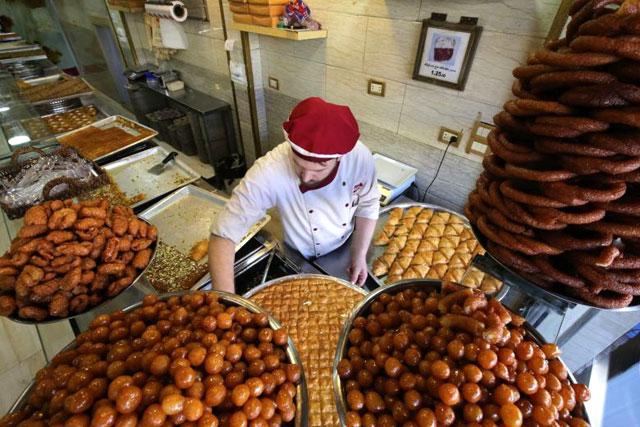- Local News
- Web-2020-06-10 | 03:35 pm

"Restaurant owners have already suffered from the long closure period and they just started to stand on their feet, but are now faced with financial obligations such as piled-up utility bills and returned cheques,” association President Omar Awad told The Jordan Times.
Usually, shop owners pay suppliers with post-dated cheques and many of the cheques have bounced because "there is not enough balance in their bank accounts because of the forced work stoppage”, Awad explained.
The Central Bank of Jordan gave restaurant owners a 60-day grace period for bounced cheques but this is "not enough” since the establishments opened recently, and they still do not have enough cash to meet their financial obligations, take loans or obtain chequebooks, he said.
The same goes for Social Security Corporation (SSC) employee payments, Awad added.
"The SSC should be more cooperative with restaurant owners by further delaying establishments’ payments to their employees,” Awad said.
"The whole idea is to protect the sector owners and employees who were hit hard by the lockdown and to ensure that they will not suffer from financial constraints or legal actions,” Awad added.
Following the government’s decision in mid-March to introduce strict preventive measures to combat the spread of the novel coronavirus, economists and unionists warned that many sectors would be impacted and that it could result in a large-scale regression if not a complete economic halt effected by the new rules.
They called on the government to grant a grace period for all economic sectors to pay their financial dues, including sales, loans and income taxes and social security.









